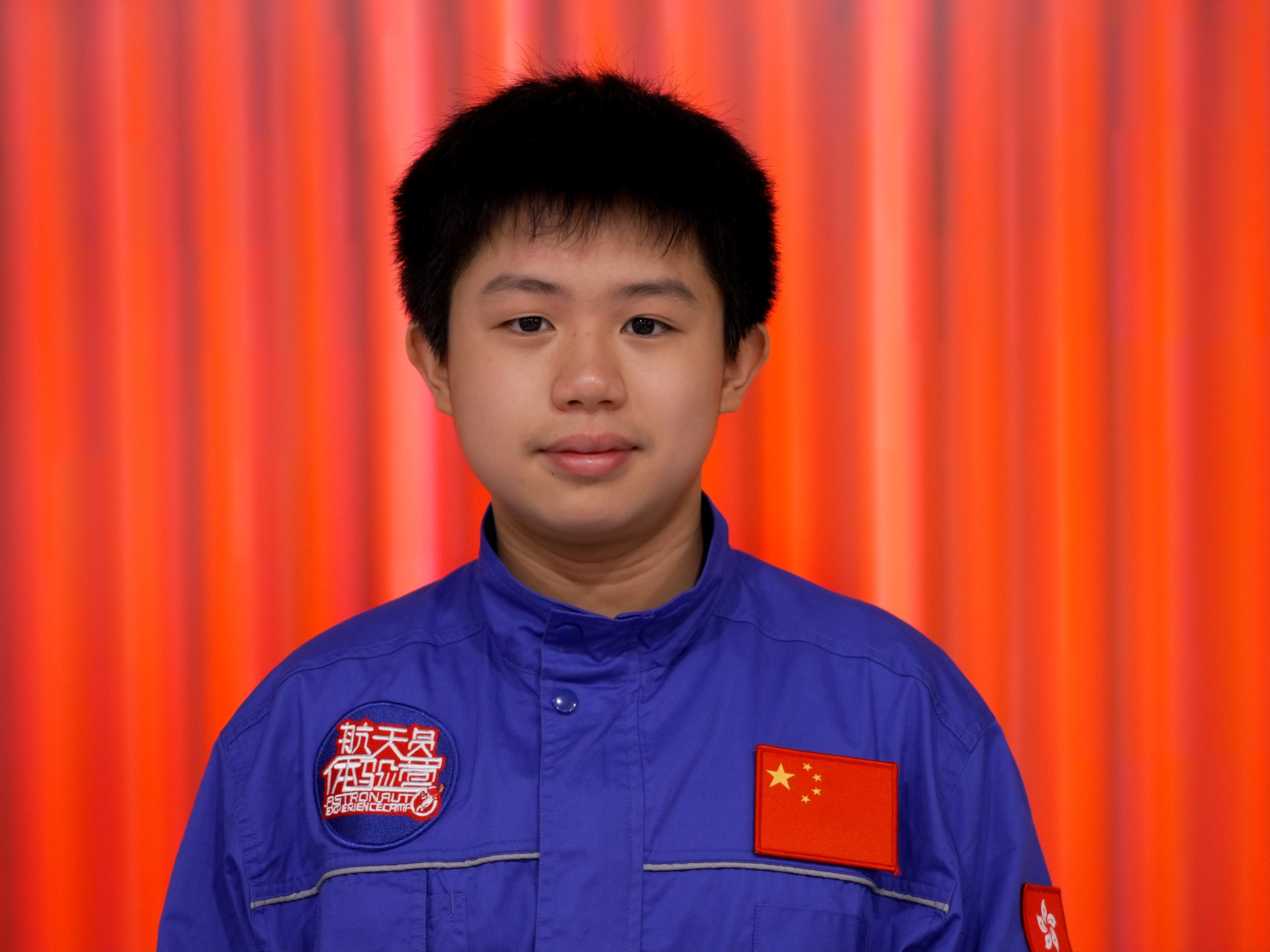
It had been a whole 8 days spent in Chinese Mainland, travelling across the country to explore sites of astronomy research and to learn about the development of aerospace technology. From the fertile lowlands of Hebei to the desolate desert of Qinghai, we got to experience things out of our comfort zone and understanding. It had truly been an eye-opening experience and countless memories have been made.
After touchdown in Beijing on 29/7, we participated in a number of events, and one that was most memorable was the visit to Xinglong Observing Station of the National Astronomical Observatories, Chinese Academy of Sciences. Leading up to this visit, we had just visited the Miyun Observing Station of the National Astronomical Observatories, Chinese Academy of Sciences. On the way out of Beijing, we enjoyed the view of a sprawling landscape of mountains and valleys. The Xinglong Station was situated on a mountain range, and this offered a panoramic view of the beauty of mother nature. At the Station, we settled down and engaged in a detailed introduction to the facilities and LAMOST. After dinner we got to visit LAMOST and the 2.16m telescope there. To me, this was something I'd never expected to see for myself, but here I was in the rain, looking up at LAMOST. With its technology and design being invented in China, I can't help but feel a sense of pride for our country for achieving such a feat.
It was on 2/8 when we arrived in the northwestern part of China, which was also my first. Over in the desert, we first went to the Leng Hu Mars camp. It was there where we took part in different activities, ranging from a supply search to a model crafting session. My most awaited and memorable part of my time there and of the whole trip got to be the night sky, fully dotted with stars upon stars, and in between Scorpius and Sagittarius laid the milky way centre. With nonexistent light pollution and a high altitude, this ensured that the disturbance from the atmosphere was at a low, and that the sky was dark enough for even the dimmest stars to shine in the sky. I was lucky enough to be able to take a photo of such a sight with my phone and tripod. Every photo I took was cramped with stars, which I will treasure a lot.
Although the trip was successful after all, this didn't mean that it was smooth sailing. Our flight got cancelled once due to heavy downpour. A stargazing activity got cancelled because of bad weather. On the way to the Leng Hu Mars camp, the driver took the wrong path, which cost us an hour. Most nights we barely got enough sleep. However demanding this trip may be for us, challenges are what precisely that makes us grow, to enhance ourselves.
From this trip, I got to grow both in knowledge and understanding myself. From talks to visits, I have experienced things that are once-in-a-lifetime, and those memories I would carry with me my entire life. Aside from this, the success of this camp wouldn't be possible if it weren't for the efforts of the tutors and leaders along the way. Therefore, I would like to thank them for everything they did to make this an inspiring trip for all. Not only this, I would like to thank the Hong Kong Space Museum for organising this trip successfully, and the Chinese General Chamber of Commerce for sponsoring this trip and its scrumptious meals. I would also like to thank our teacher-in-charge, Mr Chan Ping Yiu, and our Vice principal, Mr Wong Wai Hou, from my school, St. Paul's College, for their continuous support for the selection rounds and this trip.